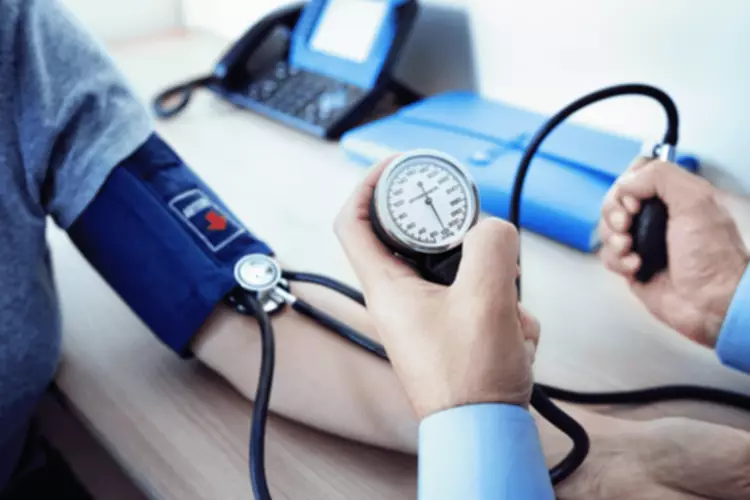
Before you decide to stop drinking, talk to a healthcare provider to determine what treatment options are available and whether you would benefit from medical supervision during detox. Alcohol dependence was originally defined as a chronic medical condition characterized by experiencing symptoms of withdrawal when the person stops consuming alcohol. To avoid experiencing withdrawal symptoms, the person has to keep consuming alcohol.
- It could include prescription drugs, over-the-counter products, street drugs, alcohol, even nicotine.
- Drug dependence occurs when your body or mind adapts to regular substance use.
- Keep reading to dive into the nuances of addiction vs. tolerance vs dependence for clarity and insights for effective intervention and support.
- However, given enough time, people with dependence may develop an addiction.
Dependence vs. Addiction: What’s the Difference?

Detox programs are available at certain clinics and medical facilities, where they supervise a person’s drug withdrawal and provide supportive medications, where necessary. These clinics are usually staffed with a team of doctors and nurses who have experience with addiction and drug withdrawal. The advantage of going to a detox center is that medical assistance is readily available. A detox center will place you in comfortable surroundings where you can be assured of help in case of emergencies.

You deserve excellent care and a rewarding life in recovery.
With that said, it’s important to note that you can be dependent on a drug without being addicted. A substance use disorder, or SUD, is a mental health disorder that develops after prolonged substance abuse. It changes how the brain functions and impairs how a person behaves as a result. A person who has a substance use disorder prioritizes seeking and using the drug above all else, and may act irrationally when they do not have the drug in their system.

Planning a Vacation with a Loved One in Recovery

Individuals with certain risk factors for addiction may also be more likely to develop an addiction while dependent. Dependence refers to the physical or psychological reliance on a substance without addictive behaviors present. If you or someone you love has a dependence on a substance or is showing signs of addiction, talk to your doctor addiction vs dependence about these symptoms. They can help you determine whether it’s dependence or addiction and help you determine the best treatment option for you.
However, given enough time, people with dependence may develop an addiction. Substance addiction refers to a complex mental health condition where an individual struggles to stop or control their behavior towards a particular substance. In many cases, individuals may be diagnosed with substance use disorder. Several illegal drugs can often lead to both addiction and dependence. The often euphoric effects of these substances can drive compulsive use, which in turn can lead to addiction. Simultaneously, physiological adaptations from ongoing usage can lead to tolerance and withdrawal upon discontinuation, highlighting the interplay between both concepts as they pertain to potential addiction.
- For example, social drinkers with a family history of addiction have a 1 in 5 risk of misusing alcohol, he says.
- Tolerance develops due to various physiological mechanisms, including changes in receptor sensitivity and neurotransmitter levels in the brain.
- In addition to managing a successful family medical practice, Dr. Hoffman is board certified in addiction medicine by the American Osteopathic Academy of Addiction Medicine (AOAAM).
- People who are addicted to a substance use it even if it has no medical benefit.
- Tolerance and dependence are essential indicators of drug use, but it’s a misconception that they only develop after long-term, chronic use.
